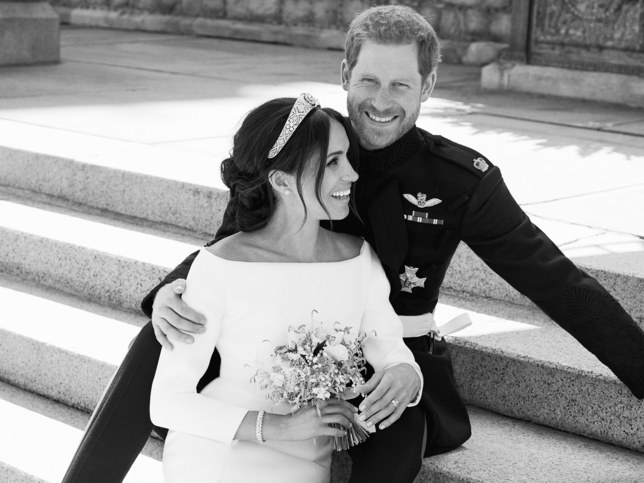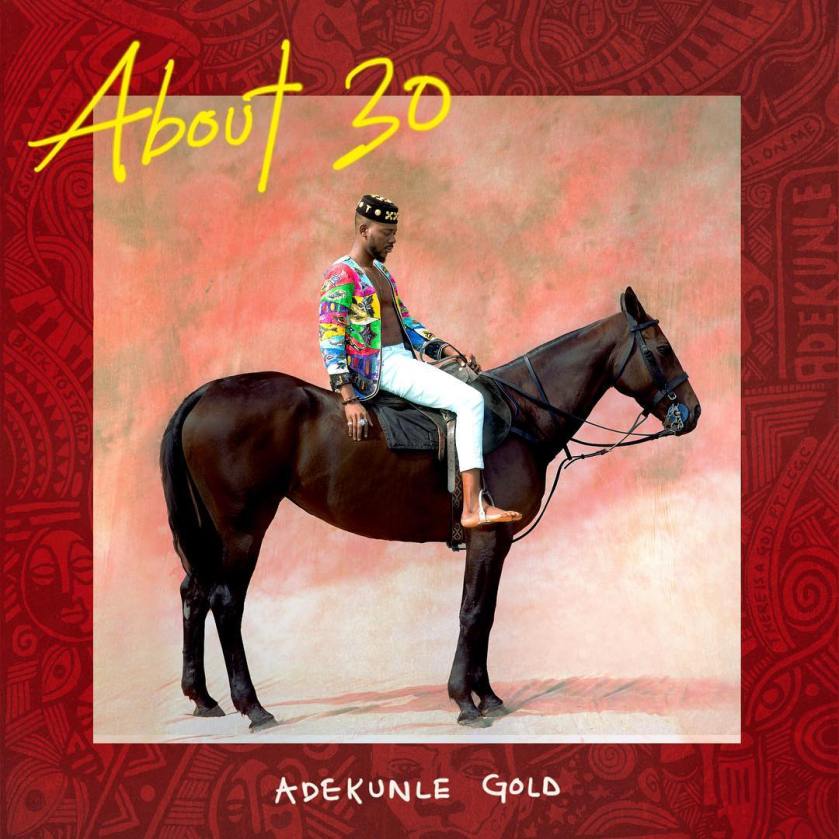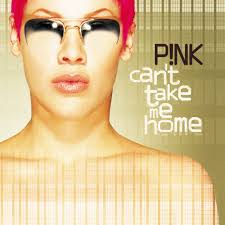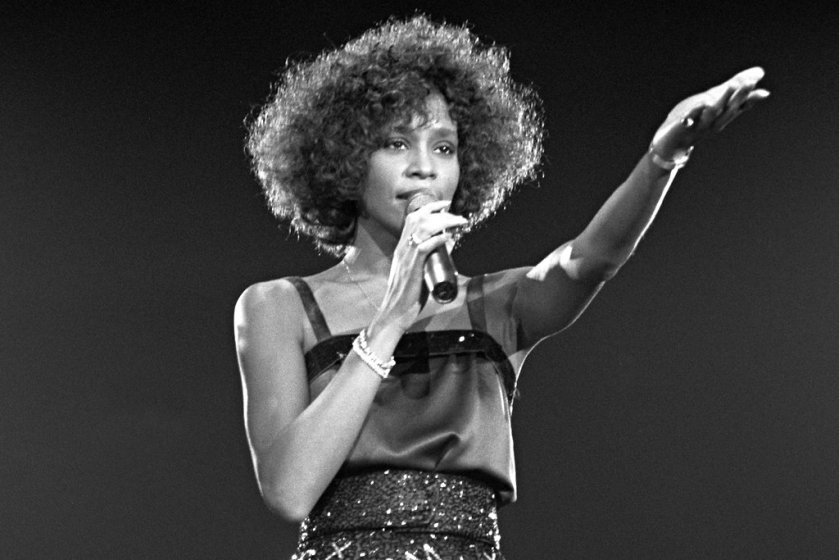In January 2020, I became vaguely aware of news reports about the Coronavirus, a supervirus causing havoc in China. By February, the first person in the UK had been infected with the virus. February and early March was spent faffing about with hand washing and making jokes and awkward gestures about handshakes. On the 16th March, we were grappling with social distancing guidance. On 20 March, all pubs and restaurants were shut. On the 26 March, we were officially in lockdown……

Lockdown measures have been extended for another three weeks (as of 16 April 2020 when I wrote the first draft of this essay). I read the government’s message on Twitter today and they say that, although things are looking encouraging and there is evidence that social distancing was working, the restrictions on movement will not be lifted until five goals have been achieved. The goals included (from memory) a reduction in the daily death toll, a reduction in the infection rate (I think that is a separate goal), evidence that removing the lockdown measures will not lead to a second peak in infections and proof that the National Health Service can cope with treating patients for the disease.
It’s almost too depressing to revisit the list. I’m certainly not seeing many signs that ‘things are improving’ or ‘getting better’ and I sometimes wonder if the government added that bit in just to make us feel better. The daily death rate, for instance, remains depressingly high and variable. I can’t understand the information about infection rates and apparently they don’t mean much because not enough people are getting tested.
I am absolutely on board with social distancing and lockdown if it will mean saving lives and preventing the NHS from sinking, so why is this lockdown affecting me so badly? Why am I unable to, like some, marshal my zeal for doing the right thing and turn it into slogans extolling people to #stayathomesavelives and comparing what is being asked of us to the likes of Ann Frank – stuck in two rooms with a large number of people for over 700 days – or John McCain who was a prisoner of war for a whopping five and a half years? Why do I feel a great weight tugging at my chest most of the time? Why does the thought of waking up and seeing the same walls and doing the same thing over again fill me with dread in the early hours of the morning?

I am not in a particularly bad situation. I have a garden and I am not, in the short term, at risk of losing my job. I am also trying to do the right things, if slightly halfheartedly – singing, writing, and slowly sorting out the house. After the first two (to three) weeks of binge-eating, which, to be fair, included Easter and a birthday, I’ve even cut down on alcohol, opting for the Calming Spa Music playlist on Spotify instead. I’ve also resorted to My Fitness Pal to try and control my calorie intake. I exercise almost everyday .
While I haven’t quite got the boundless energy and appetite for podcasts and zoom seminars that my colleagues seem to have, I am quietly writing professional articles and e-mailing business contacts. I am a homebody, honest. I really thought I would handle this kind of crisis better.
It is, of course, natural to be unnerved by the huge change that we, as a society, have been suddenly asked to go through. There seem to be different factions emerging from this crisis and I am convinced that most stances, especially the extreme ones, are just a way of coping with the crisis. I feel that another one of my lists is called for!
- There are the ‘stay at home’ and social distancing evangelists who, from views expressed on social media and reports of them accosting complete strangers, I can only imagine become filled with murderous rage whenever they see people outside.
- On the opposite end are the people who rail against the social distancing rules with logic such as ‘if the flu or abortions kill X amount of people a year, why are we ruining the economy for a virus that has only killed Y people so far. The Spanish flu killed millions of people. The earth didn’t exactly die, did it??’
- Right from the start, there have been the people who have treated the virus like some sort of literal invader which they would fight, not with the usual measures for combating a pandemic but with words like ‘strong’, ‘tough’ and ‘ready’ and who would, under no circumstances, let the virus get the better of them.
- Then we have the people who appear incredibly sage about it all, say that the virus is here to teach humanity lessons and post that poem about everyone staying at home and the earth healing itself. I am finding the piety very hard to deal with at the moment. The failure to understand that preventing the spread of the virus is not necessarily about whether a certain individual, who considers themselves healthy, is likely to die from it but more about preventing the complete breakdown of our health services and the lack of care from so-called pro-life, Christians about the death of tens or hundreds of thousands of people when pitted against their freedoms bewilders me. However, it is the sage, pious takes that make me itchy with aggravation. I can only assume that I relate to the selfishness far more than the sanctimony.
- There are the people who remind us quite rightly that we are privileged if we have a house and a garden to isolate in followed by inexplicable anger at people who spend their time posting professional-looking pictures of their flowers, gardens, meals and baking.
- I’m obviously surprised to find myself also taking against the people who post professional-looking pictures of their flowers, gardens, meals and baking and as well as dreaded motivational speakers who tell you that not emerging from this crisis having achieved a substantial personal goal is a sign of a character flaw, although as you can tell from my endeavours to improve myself, I am secretly hoping that I will come out of lockdown with a narrower waistline, a vastly increased vocal range and a book deal.
- I must mention one more set of people – the political commentators. It’s easy to see that the UK government has made some avoidable mistakes and I am irrationally aggrieved that once again Boris Johnson has managed to bugger off to Chequers (wherever and whatever that is) to recover while leaving other people to deal with the mess. However, I think it’s also fair to acknowledge that there weren’t obvious answers to every single aspect of this pandemic. I mean, I know we had fair warning from Italy and everything but still.
So basically, I am disturbed by every possible reaction to this pandemic (‘why have children if you don’t want to spend every waking hour with them with no school, no visits to grandparents, no zoos etc. and educate them on top of a full time job. Wow! I guess the hetero lifestyle is not what y’all claimed it would be.’ headasses).
This makes me think that I need to worry about my own issues instead of spending my evenings reading Twitter, criticising everybody else’s.
Let’s start with admitting that I am a chronic worrier – with a very active imagination. Reports of people struggling and a large part of the trading population being without an income immediately brings to my mind deprivation, suffering and crime. Even innocent posts and charming little articles about animals taking over the picturesque towns makes me think that if we are stuck indoors for much longer, we are going to face aggressive gangs of killer rats and foxes (and worse ) in every green space we go to. They may not even wait until we are back out. Deprived of their steady diet of fast food litter, they may decide to take matters into their hands and invade our homes and gardens! This is why I write fiction (**at the time of writing this paragraph I was still able to rationalise the above fears as being a product of my paranoid imagination. Imagine my distress at sensationalised reports of rats taking over Edinburgh city such as this one – https://www.edinburghlive.co.uk/news/edinburgh-news/edinburghs-rat-population-out-control-18117893).
On a more serious note, I am very worried about what this virus will mean for humanity. We have already seen the stockpiling and the empty shelves. Yes, when we stopped to analyse, rather than self-righteously project, there was always going to be more demand that supermarkets had prepared for as people braced themselves for a possible 14 days of isolation when, and I cannot stress this enough, they had no experience of trying to feed their families without the usual school meals or restaurant and café trips. With the constantly changing and sometimes contradictory government guidance (‘only get your usual shop but shop as infrequently as possible’), it was difficult for people to find the balance between not breaking the rules or not being excessively selfish and being sensible about providing for their families.
However, we can’t deny reports of people rushing to fill their cars with more food than they could possibly need, trolleys full of a single items like giant bottles of cooking oil or dare I mention the name – toilet rolls! – and inevitably bins full of unopened fresh food. The stockpiling was less of the point – the point was that, perhaps unsurprisingly, when push came to shove, people will excessively provide for themselves even when it was clear what a detrimental effect this was having on others such as the elderly and NHS staff.
Thankfully the shopping crisis seems to be largely over. It is still very strange going to supermarkets or any public place (mostly the supermarket) when I have to. People are less kind and more snappy, in my experience. I have been a ‘victim’ of this, on that first weekend of lockdown, when we all thought no one else would have thought of going to national parks and on my first trip to the supermarket after the lockdown started. I have decided to punish society by becoming less smiley which should teach them. I am of course also less patient and on the edge so I am in no position to judge.
When I think of the rise in domestic violence, the thought of being locked down with a person who abuses or horror stories about abusive men (I’m sure there are some women too) who insist on coming back to the house under the auspices of spending time with their children, the second-hand despair is almost too much. I can’t imagine finally getting rid of an abusive ex-partner, starting to live my life only to have to suddenly deal with him on top of everything else about COVID-19.
We all worry about what is going to happen after all of this. We wonder how long the welfare system and loan and mortgage holidays will hold out and whether there will be mass unemployment and poverty. I fear that, rather than turning into the kind of sharing, caring government that ensures that ‘no one is left behind’, the Conservative government will try to recover its spending during this period with savage cuts to public services, maintain their policy of protecting the truly rich from taxation and somehow manage to manipulate the fickle finger of public blame until it lands on the most vulnerable and disenfranchised. Perhaps I am being unfair.
I’ve had my share of first world problems. I am very aware of the lack of freedom even at times when I would be at home anyway. I get weary of the monotony of spending all my time with my children and husband with not so much as a Butlins pantomime to distract us. I worry even more than usual about what I have said to my husband and whether it has upset him or me or whether it will (gasp, horror!) CAUSE AN ARGUMENT.
I’m tired of the tedious routine of working, taking care of and schooling the children. I’m sick of the endless mess and cleaning. I deeply regret the weight gain and the time wasted on Twitter or engaging in blank staring. I’m lonely but paranoid – do friends really want to speak to me? Am I ‘too much’ for them right now? And if not, why haven’t they called me? I am worried about my children falling behind in school. I am supremely irritated by chirpy marketing e-mails. I am making even more silly mistakes at work than usual – in the circumstances, all problems of the privileged.
My only coping mechanism is realising that we all are, to some extent, coming from a place of fear, pain, anger and/or discomfort. I try to think of this before I respond to people on at home, work or on social media (I often fail) and I try to examine my actions and reactions in this light. I also try to share positive views which, at the moment, are so much better expressed by others than me, like this video – https://www.youtube.com/watch?v=wpaiUK9j6RM
As I see it, my job is to spread positivity and kindness, where I can.
Most of all, I hold on to the high probability that all this will be over soon, in one way or the other, society will return to some normalcy (hey! perhaps even a better version of normalcy) and although initially unimpressed by the Queen’s speech on 5th April, I hold on even more fervently to her words ‘We will meet again.’

***
Ps I have donated to Solace Women’s Aid, a charity which assists domestic violence victims and are doing quite a lot during this lockdown to support those trapped at home with abusive partners. If you would like to donate, here is the link – https://cafdonate.cafonline.org/12477#!/DonationDetails





























